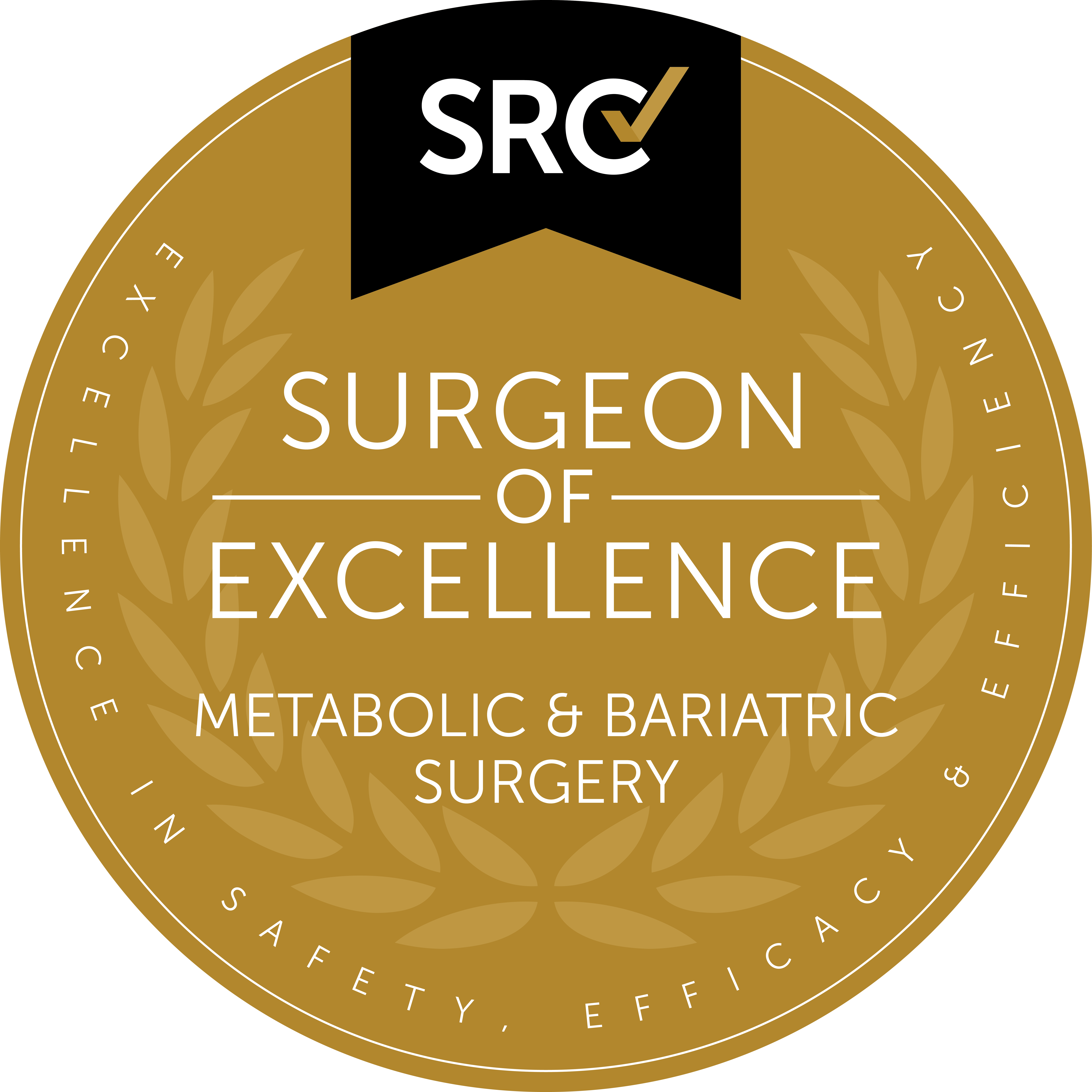Specialty
Obesity Surgery
Metabolic Surgery (Diabetic Surgery)
Proctology Surgery
Contact
Specialty
Obesity Surgery
Metabolic Surgery (Diabetic Surgery)
Proctology Surgery
Contact
Specialty
Obesity Surgery
Metabolic Surgery (Diabetic Surgery)
Proctology Surgery
Proteins are nitrogen-containing compounds made up of amino acids. These compounds serve many functions in our body. In fact, proteins are the building blocks of the human body.
As mentioned above, proteins are structurally and functionally essential for us. If protein intake is insufficient, many bodily functions may be impaired. Therefore, it is very important to meet our daily protein needs through food.
How Much Protein Do I Need?
A healthy adult should obtain about 12–15% of their daily energy intake from proteins. Another calculation suggests consuming 0.8–1 gram of protein per kilogram of body weight per day. (For a person weighing 60 kg, this means 48–60 grams of protein daily.) It’s important to remember that protein needs may vary based on health conditions, pregnancy or breastfeeding, and levels of physical activity.
What Are the Sources of Protein?
Animal-based foods rich in protein include meat, fish, eggs, milk, and dairy products. Plant-based protein sources mainly include grains, legumes, and nuts.
This is not necessarily true. While animal-based sources stand out in terms of essential amino acid content, it’s due to the completeness of their amino acid profiles. Animal products contain all the essential amino acids required for human nutrition. In contrast, plant-based sources may contain these amino acids in varying amounts. Therefore, in vegan diets, increasing the variety of plant-based foods is key to obtaining all essential amino acids. Vegans who include a variety of plant-based foods such as tofu, edamame, lentils, chickpeas, peanuts, almonds, spirulina, quinoa, chia seeds, peas, soybeans, kidney beans, bulgur, and whole wheat bread will have no difficulty meeting their protein needs.

Dyt. Çisil Güneş
Temmuz 08, 2025
Did you find this content useful? Share it on your social media accounts:
Share with Facebook
Share with Twitter
Share with WhatsApp

Contact
+90 (533) 641 80 90
+90 (551) 690 80 90
[email protected]
Mimar Sinan, Işılay Saygın Sokak No: 23 K, D:1, 35220 Konak/İzmir
© 2023 Op. Dr. Mehmet Deniz - Izmir's First Metabolic Surgery Center
Designed By
Free Pre-Interview